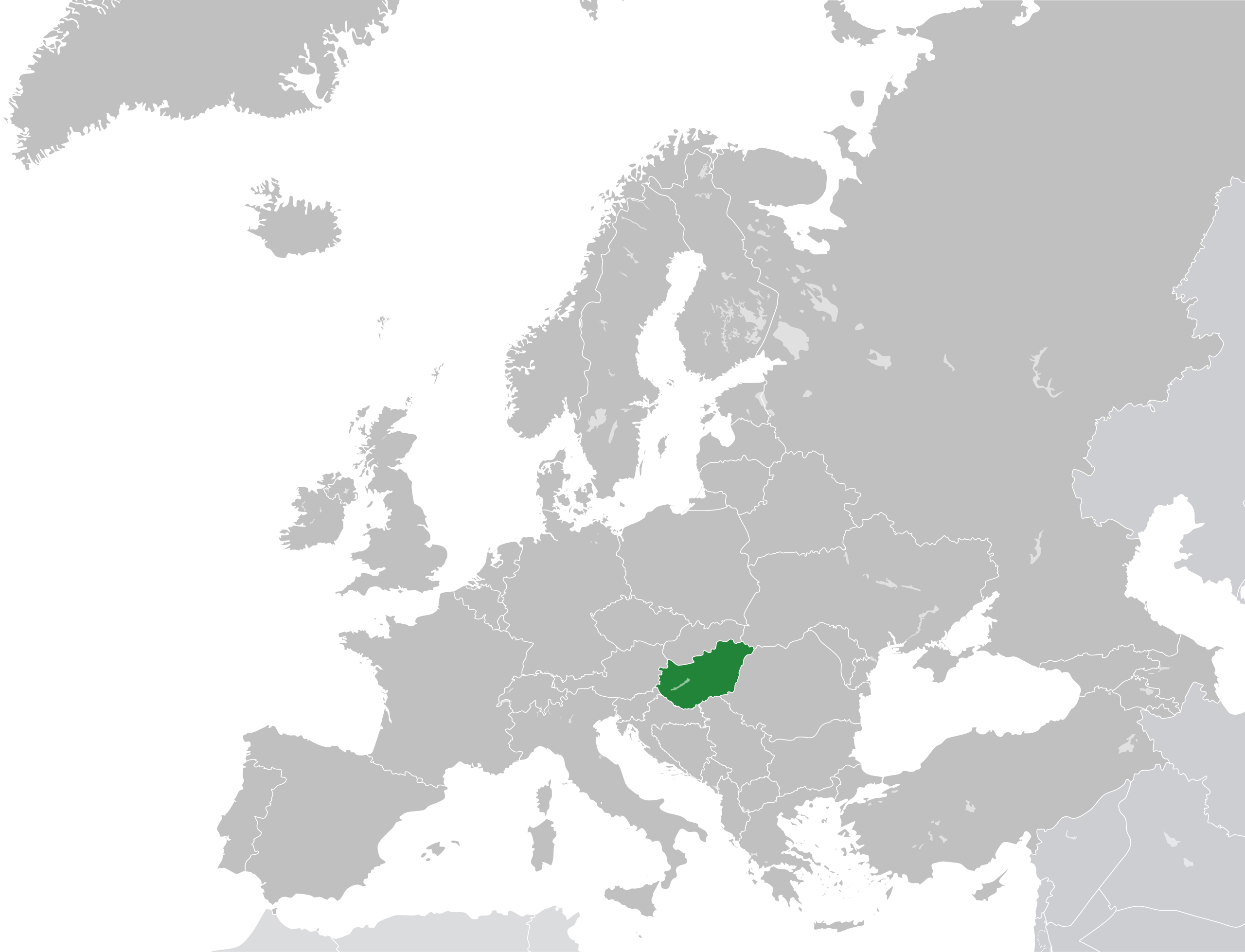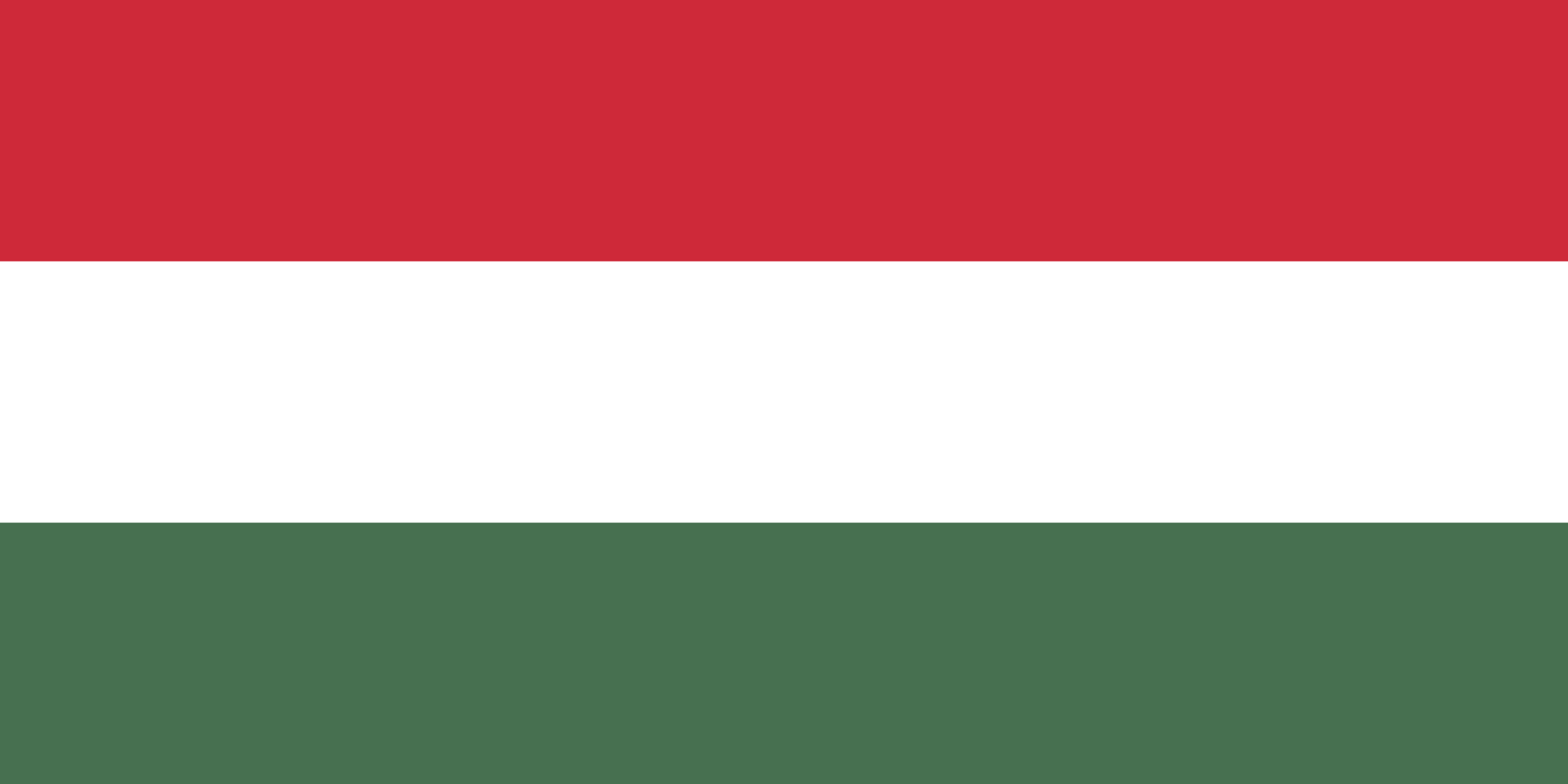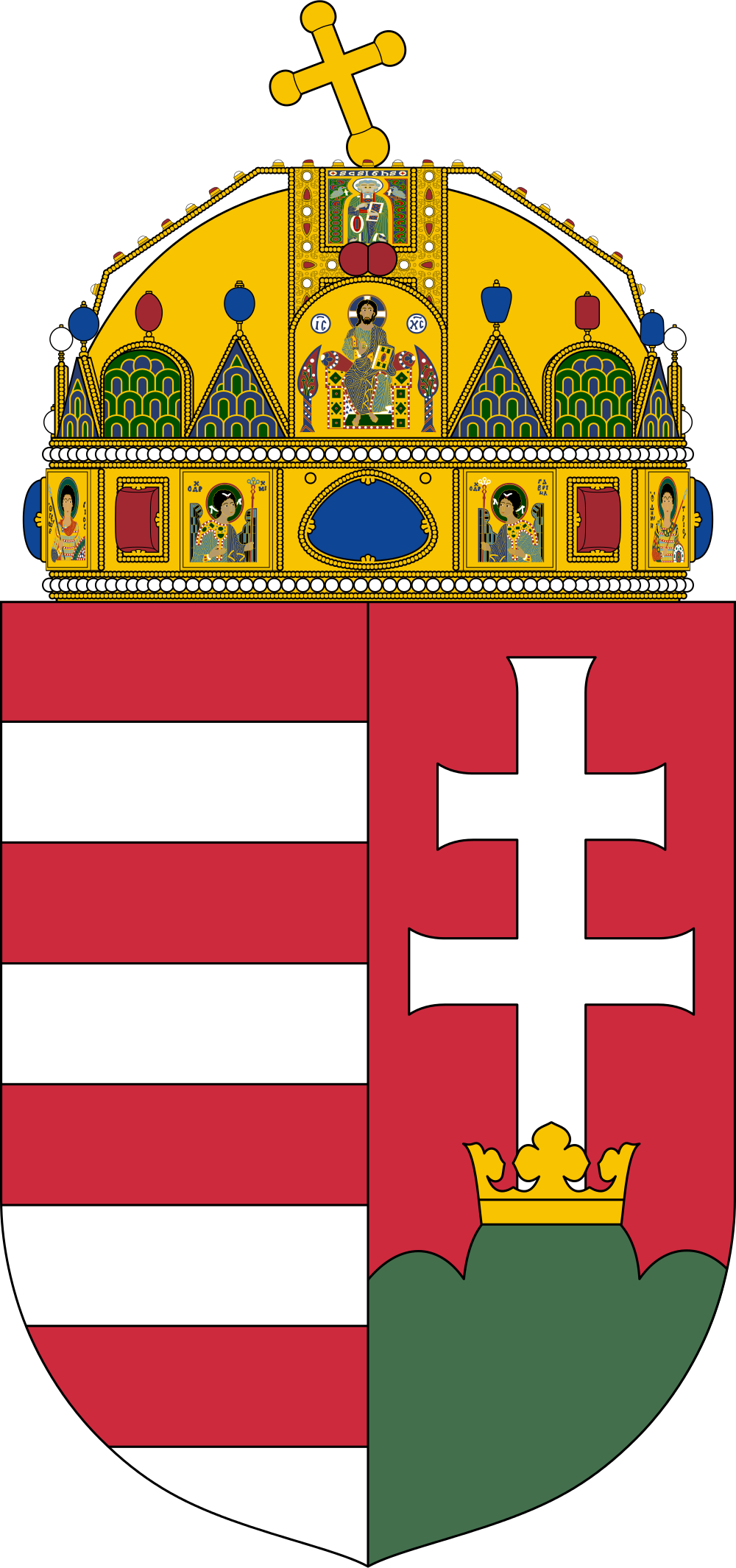More languages
More actions
| Hungary Magyarország | |
|---|---|
Anthem: Himnusz | |
 | |
| Capital and largest city | Budapest |
| Official languages | Hungarian |
| Dominant mode of production | Capitalism |
| Government | Unitary parliamentary republic under a dictatorship of the bourgeoisie |
• President | Tamás Sulyok |
• Prime Minister | Viktor Orbán |
• Speaker | László Kövér |
| Legislature | Országgyűlés |
| Area | |
• Total | 93,030 km² |
| Population | |
• 2021 estimate | 9,730,000 |
Hungary is a country in central Europe bordered by Austria, Slovenia, Serbia, Romania, Ukraine, and Slovakia. From 1949 to 1989, it was a socialist people's republic. In 2010, 72% of Hungarians said life was better under socialism, and only 8% said it was better now.[1]
History[edit | edit source]
Dual Monarchy[edit | edit source]
See main article: Austro-Hungarian Monarchy (1867–1918)
Fascism[edit | edit source]
See main article: Kingdom of Hungary (1920–1946)
Socialist era[edit | edit source]
See main article: Hungarian People's Republic (1949–1989)
Post-Cold War[edit | edit source]
From 1988 to 1995, Hungary's poverty rate increased by 300%.[2]
References[edit | edit source]
- ↑ "People Worse off than Under Communism?" (2010-04-21). Pew Research Center. Archived from the original on 2020-11-12. Retrieved 2022-09-24.
- ↑ Branko Milanovic (1998). Income, Inequality and Poverty during the Transition from Planned to Market Economy (p. 68). [PDF] Washington, D.C.: World Bank.


